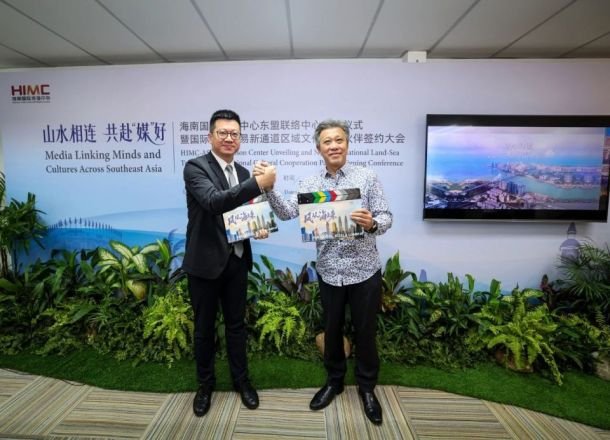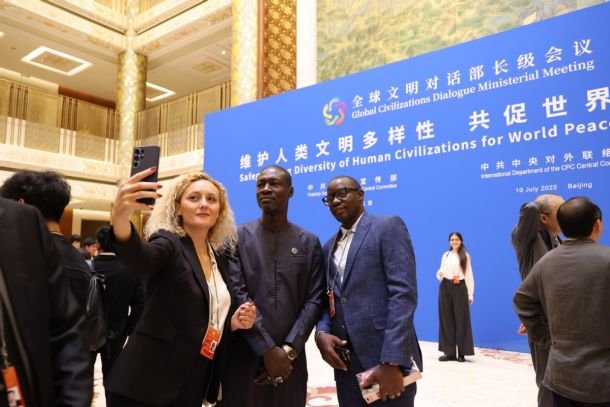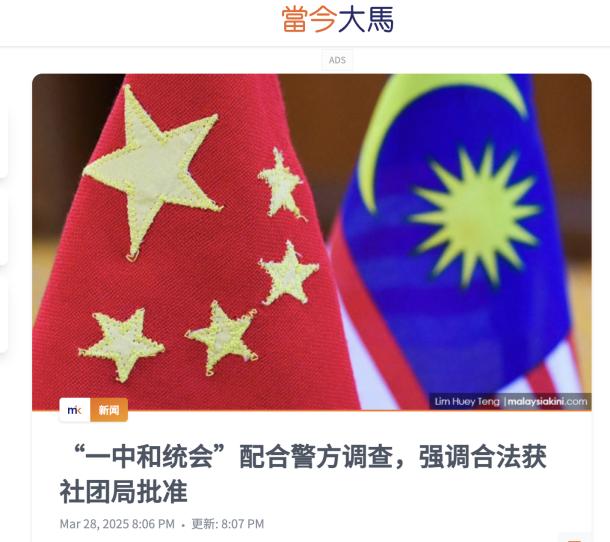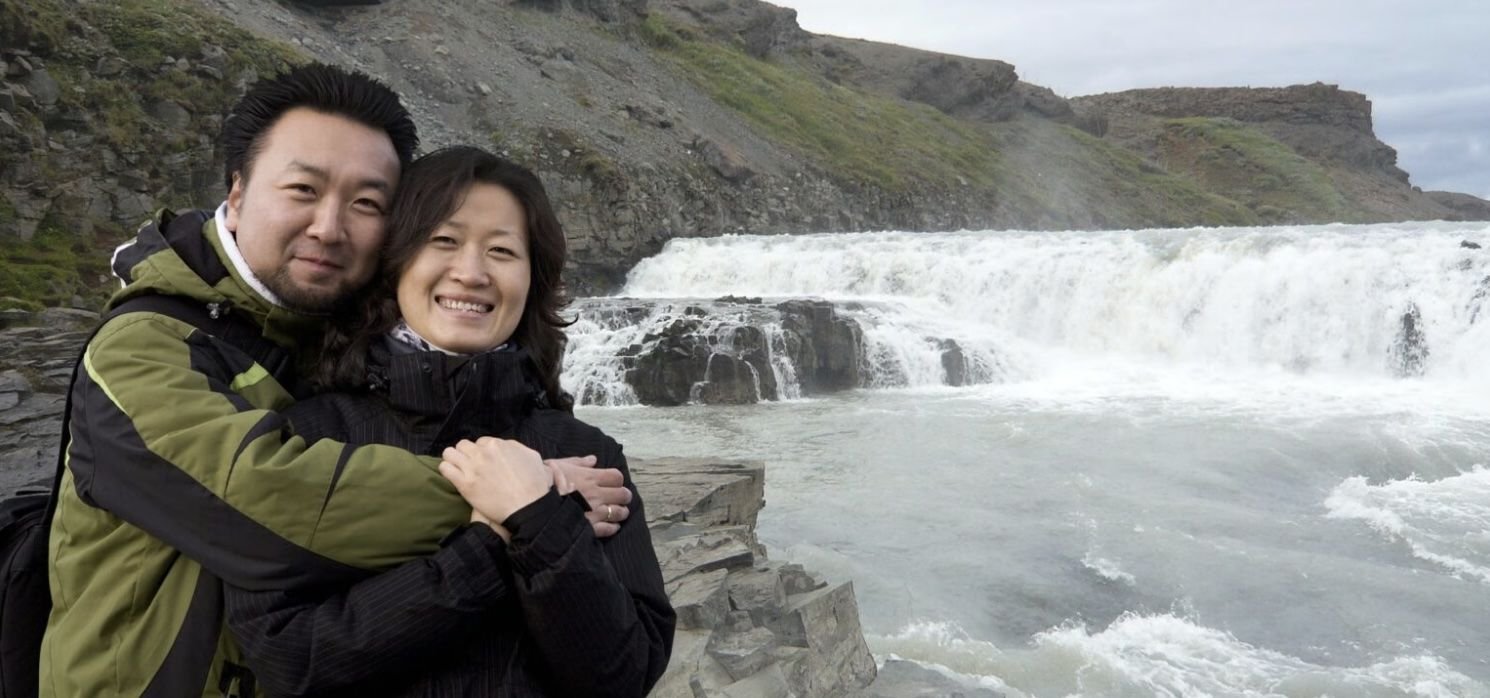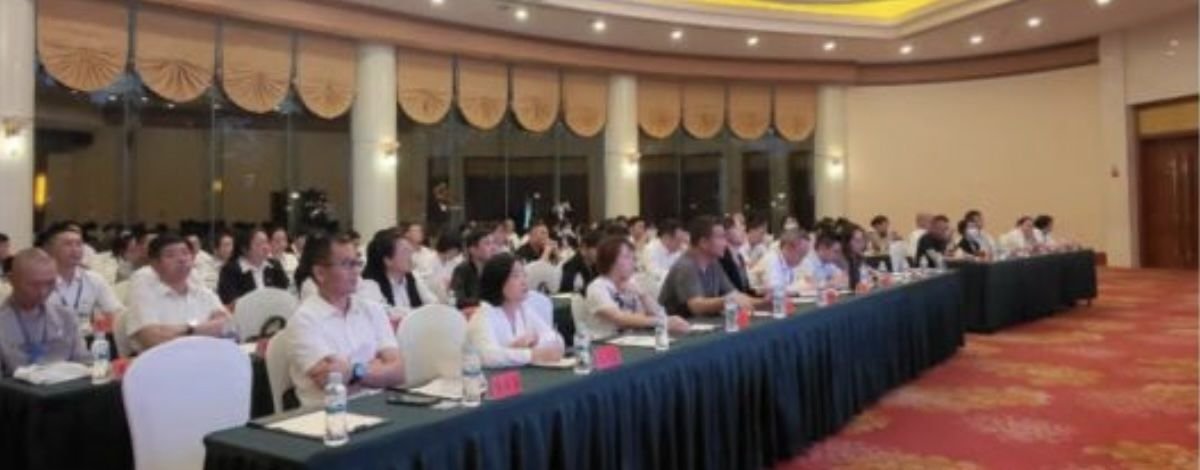Eyes on the Quake Zone

CMP’s Dalia Parete reached out to freelance journalist Will Yang (楊智強), the founder of the independent outlet Border Eyes (邊境之眼), which focuses on Myanmar and Southeast Asia, to discuss the near-impossible challenge facing the press as they try to cover Myanmar’s devastating 7.7-magnitude earthquake under military junta restrictions. Yang recently wrote a piece on this issue for Taiwan’s United Daily News (UDN).
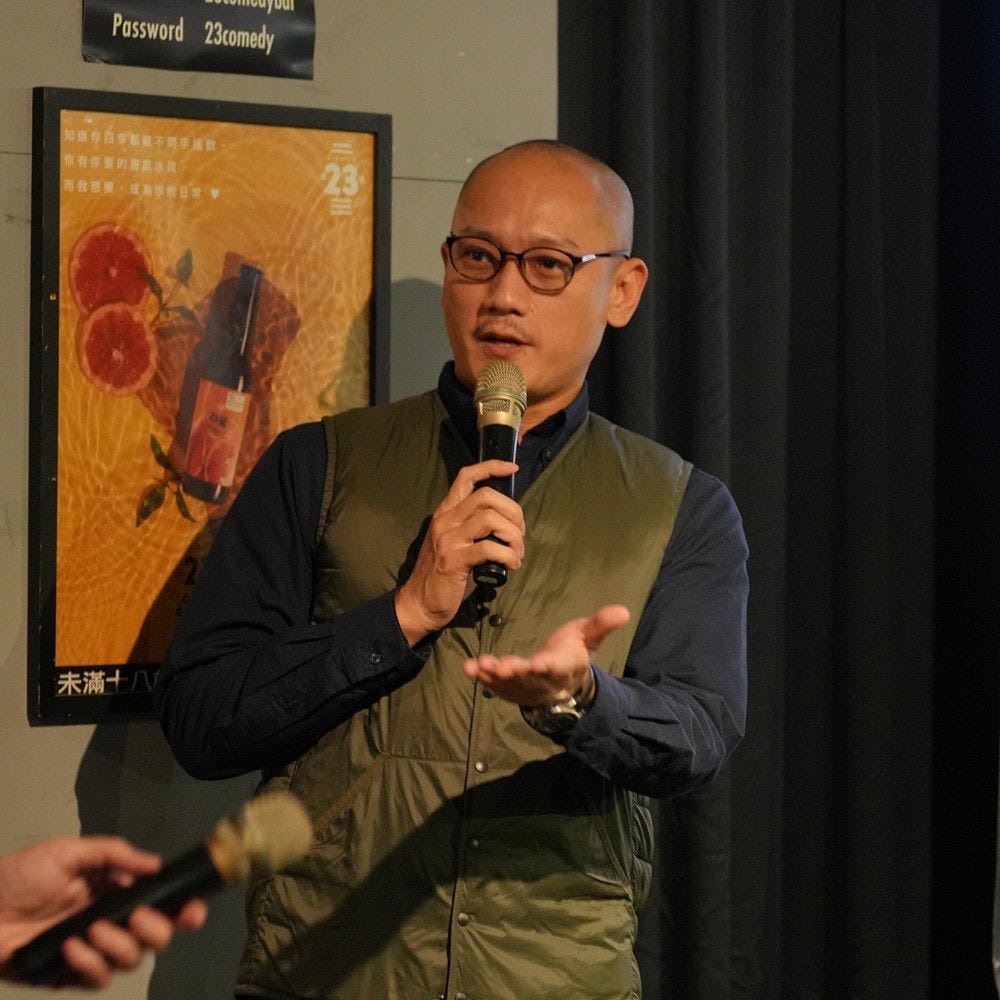
Lingua Sinica: Is it possible for foreign journalists to enter Myanmar right now to cover the earthquake? What are the challenges and potential ways to get in?
William Yang: The military spokesperson announced that they don’t accept foreign media. Major media from the West, Taiwan, Japan, and Korea probably cannot enter. But NHK and AFP still have some personnel inside Myanmar who can assist. The obstacle is that you’d need to sneak in without a press visa. They won’t issue press visas, so maybe you get in on a tourist visa, which for them is illegal. This is already dangerous for you.
If you’re a TV reporter with big equipment or a microphone, it’s almost impossible. You could do it with a small gear or a cell phone, but it’s very dangerous. People will fear being interviewed because they know it’s unsafe, especially if they’re illegally doing news activity.
Lingua Sinica: How has the military government’s approach to press freedom since the 2021 coup created a particularly challenging environment for disaster coverage?
William Yang: The damage is too devastating. The government doesn’t have enough manpower, equipment, or resources to help its people. They don’t want the press reporting on these shortcomings. It’s all about the government fearing bad press that would expose their lack of infrastructure to respond effectively. Even in Sagaing City, I heard 80 percent of buildings are damaged—the disaster is simply too massive. They probably don’t want international society to know they’re incapable of handling this. They seem to care more about their image than their people. After the past four years, this is sadly credible.

Screenshot of a video from China News Service that shows the aftermath of the Myanmar earthquake. SOURCE: Wikimedia Commons.
By blocking press access, they’re deliberately controlling information. Additionally, the civil war has worsened the disaster response, as ordinary people now view anyone in military uniform as an enemy or threat. The government has lost public trust. Even if officials genuinely try to help now, citizens remain skeptical, creating a significant obstacle to effective disaster relief.
Lingua Sinica: Reporters from what countries can enter Myanmar?
William Yang: Russian, Belarusian, and Chinese reporters are there because they’re allied with the junta. They trust each other and won’t allow the situation to spiral out of their control. Their primary goal is to protect their interests with all parties involved. The junta trusts Chinese state journalists, who can enter to report on what their rescue teams are accomplishing, creating a mutually beneficial arrangement.
Lingua Sinica: Are you seeing any strategies that local or international journalists are developing to continue reporting on this crisis despite the restrictions?
William Yang: Even today, I’m trying to connect with people inside Mandalay. There are independent journalists who had contacts in the city before the earthquake. I asked them to film hospitals and the airport, which has shut down, to understand why. They’ve captured footage but can’t transmit it.
The internet connection is too poor. We can communicate by text, but sending large video files has been impossible all day. Everyone is trying. Everyone wants news from inside Myanmar. However, broken internet remains a major obstacle to getting information out, and VPNs don’t help with speed issues.

